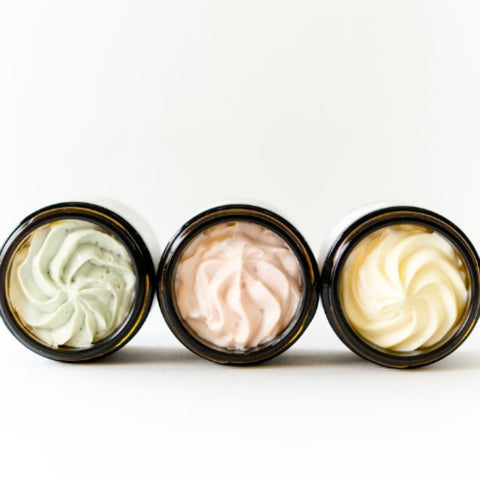Even as (arguably!) the world’s most common kitchen staple, salt gets a bad rap. Associated with all sorts of ailments like raised blood pressure, bloating and increased risk of heart attack and stroke - it’s easy to forget that its an essential mineral needed to survive! This isn’t to say we should all be showering our food with copious amounts of the stuff, but it’s worth taking a deeper look into.
First off, what is salt and why do we need it? You may remember from high school chemistry that salt is composed of two elements, sodium and chlorine (NaCl) - both needed to transmit nerve impulses, retain a healthy balance of fluids, as well as support a host of other physiological processes. While too much can easily ruin a meal, Sodium Chloride enhances other flavours - highlighting sweetness and cutting bitterness.
When it comes down to it, salt becomes problematic when it’s unknowingly consumed en masse through processed foods. Our tip? When cooking at home, add a dash of salt at the very end as opposed to throughout. This way, we use less without sacrificing flavour - as it directly hits our taste receptors.
However, not all salt is created equal! Here’s a rundown of some of the most familiar varieties:
Table Salt - As the most common salt, this variety is usually heavily refined (or ground, removing both impurities and trace minerals.) Though mostly composed of sodium chloride, refined table salt is sometimes enriched with Iodine - which can be a benefit to those who don’t consume enough in their diets. That being said, heavy processing and dilution with anti-caking agents makes this kitchen and restaurant staple not super ideal, health wise.
Sea Salt - As the name suggests, sea salt is simply made by evaporating sea water. Depending on where it’s sourced, as well as how it’s processed, this variety also contains beneficial trace minerals (such as potassium, iron and zinc). While sea salt has gained a lot of popularity over the years due to its superior taste and mineral content, it also runs the risk of containing heavy metals and microplastics from waste that ends up in our oceans - yikes.
Mountain Salt - Relatively new to the game, mountain salt (like the popular pink Himalayan variety!) is sourced from ancient salt mines left over from areas that used to be submerged by the ocean way way back. It contains many beneficial trace minerals, minus the microplastic!
Our pick? Mountain Salt, all the way. Next time you’re in Glory, stock up on a bag of Giddy Yo Yo’s Organic Mountain Salt - sourced from the Ecuadorian Andes Mountains. Salt is also naturally occurring in plant foods - Glory’s #12 juice, with its high celery content, is ideal for rehydrating effectively as it replenishes electrolytes (perfect for pre/post workout!)



Comments (0)
There are no comments for this article. Be the first one to leave a message!